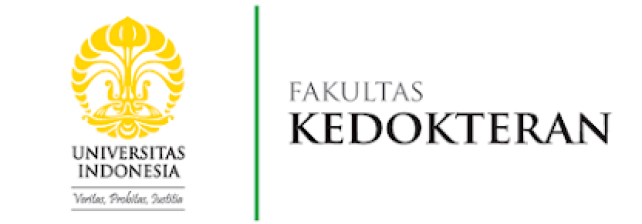Dengue Hemorrhagic Fever is one of the most common endemic disease found in Indonesia. This disease is caused by Dengue Virus and transmitted by Aedes aegypti and Aedes albopticus mosquitoes that lives in a tropical and subtropical countries. Based on a WHO data, every year the estimated number of dengue incidence exceed 390 million around the world, and the last 5 years, dengue infection increased 30 times. Based on the data from The Health Ministry Republic of Indonesia in 2015, the number of dengue sufferers in Indonesia is 126.675, with 1229 mortality.
These days, dengue treatment is only supportive treatment with body fluid replacement, thrombocyte transfusion, and antipyretic. Dengue is a viral infection, which means it is a self-limiting disease, but the plasma leakage problem can cause a serious problem or even death. It can be prevented by early management of infection. Antiviral can limit the number of virus in early stage of infection, therefore preventing the disease from worsening.
Until this day, there are many studies on dengue antiviral treatment, synthetic, herbal, or isolate from natural ingredients. However, there are no antiviral treatment officially used in daily practice. The drawback of finding the right antiviral is limited number of animal model to test the antiviral.
Cassia alata or also called ketepeng is Indonesian native plant, that are also found in America, India, Malaysia, Brazil, and Africa. This plant contains a biomolecule that has variety of bioactivity. It has many medical usage including antimalarial, antibacterial, antioxidant, and antifungal. It contains emodin, aloe-emodin, and chrisophanol that can inhibit flavivirus specifically Japanese Encephalitis Virus.
Seeing that potential, a further study is needed to develop herbal as a safe and effective antiviral for dengue with an ethanol extract from Cassia alata tested in vitro, in vivo, and in silico. A researcher from Biomedical Science Doctoral Program of FMUI, Marissa Angelina, M.Farm, Apt, did the research and testing it in mice infected with dengue virus and given antiviral from Cassia alata extract.
The result of this study is ethanol extract from Cassia alata leaf contains flavonoid and other compounds like chaempferol, emodin, and aloe-emodin that can prevent dengue virus infection based on in vitro study in cells and in silico study by looking at the interaction with dengue virus protein. The best inhibition by Cassia alata extract is on the post-infection period.
From the trial on mice, Cassia alata extract successfully decrease viral load, increased thrombocyte, and improve immunity component such as IL-6 and IL-10, it also didn’t have toxic effect to the mice.
The result was presented by Marissa Angelina, M.Farm, Apt on her doctoral hearing on Wednesday June 26th 2019 in IMERI Auditorium. The dissertation was titled “Potention, Mechanism, and Toxicity of Ethanol Extract of Cassia alata Leaf to DENV-2 In Vitro – In Vivo – In Silico”. It was examined by head examiner dr. dr. Tjahjani Mirawati Sudiro, PhD, and Dr. Melva Louisa, S.Si, Apt, M.Biomed; Dr. dr. Leonard Nainggolan, SpPD-KPTI; also Dr. Drs. Agung Eru Wibowo, Apt, M.Si from Technology Assesment and Application Institution.
At the end of the hearing, Prof. dr. Saleha Sungkar, DAP&E, MS, SpParK, inaugurated Marissa Angelina, M.Farm, Apt as a Doctor in Biomedical Science of FMUI. Promotor, Prof. dr. Fransiscus D. Suyatna, PhD, SpFK(K) and co-promotors Dra. Beti Ernawati Dewi, PhD also Prof. Dr.(Sci) Muhammad Hanafi, MSc hoped this study can move further into clinical trial and can be applicated on dailiy practices.
(Public Relation FKUI)
